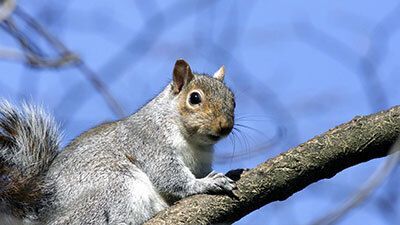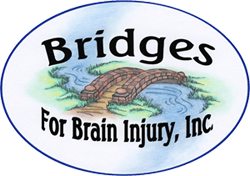“I Found An Injured/Orphaned Animal! What Do I Do Now?”

We are Frequently Asked, “I Found an Injured Animal- Can the Wildlife Rockstars Take It?”
No, we cannot take it but can give you the name and number of a Wildlife Rehabilitator who can.
Here Are a Few Contacts in Our Region:
Ontario County (Hemlock Area) : Ashley McNeill 585-738-5932 ashleymcneill1983@gmail.com
Ontario County (Honeoye Falls Area) Diane & James Downer 585-203-7713 visual@rochester.rr.com
Ontario County (Canandaigua Area) Michelle Mills michellelmills59@gmail.com
Monroe County (Webster Area): Barbara Acomb-Hollands 585-872-6080 barbh103@rochester.rr.com
Monroe County (Rochester Area) Amanda Blakely 585-509-5818 pandapaw711@yahoo.com
Monroe County (Rochester Area) Jeannine Natal 585-451-2514 eneen@rochester.rr.com
Southern-Rochester Area: Nancy Kroll (585) 519-7402
Wayne County Area: Kris Kritter (315) 374-4542
Wayne County (Williamson Area) Kimberly DeFisher 585-545-8024 kimberlydefisher@gmail.com
They may not answer the phone when you call, but if you leave them a message, they will call you back!
You can also search for Wildlife Rehabilitators in your area:
What Do I Do With It?
Contain the animal if possible ...but don't handle with bare hands.
Place the animal in a small covered box in a warm quiet place. Use paper towels or a soft cloth for bedding.
Once an Animal is Contained, Do Not Handle It!
If an animal is hard to catch…maybe it doesn’t need help...if you're not sure...call DEC or a Wildlife Rehabilitator for advice.
Don’t keep a wild animal overnight or any longer than necessary. In many cases, a wild animal that can be caught is in serious condition. Babies must be placed in an incubator ASAP. If you’re not sure if an animal needs help, call the DEC or a Wildlife Rehabilitator for assistance.
Do Not Offer Any Food or Water (especially milk).
The animals health status should be evaluated first.
A bird or small animal can be placed in a small box with soft cloth on the bottom. Make sure the box is covered. Placing a recycling bin over an animal is an effective way to contain an animal. Don’t endanger yourself. If you come across a dangerous animal, call the DEC or a licensed wildlife rehabilitator for advice or assistance.
In most cases, a wild animal that allows you to walk right up to it and pick it up is in serious condition. There are exceptions such as fledgling birds. Fledgling birds go through a normal process where they emerge from the nest before they can fly. The fledgling will then spend a few days on the ground, learning to fly, while the parents are still caring for it. However, if you are concerned about a wild animal, call someone for assistance as soon as possible. Many baby birds need to eat every 1/2 hour or every hour.
Why Can't We Take In the Injured Animal You Ask?
We do not have the training to care for injured animals. Becoming a wildlife rehabilitator takes years of training and a license through the New York Department of Environmental Conservation.
Bridges and the Wildlife Rockstars provides a permanent home for over 60 animals. Many of our animals were placed with us through wildlife rehabilitators or the Department of Environmental Conservation (DEC) after they were assessed as “non-releasable.” Phyllis Quiller, the native porcupine, for example, was rescued as a baby when her mother was illegally shot from a tree leaving her without the ability to care for herself. The DEC placed her with our program to raise her as an education animal.
Ideally, wildlife rehabilitators can bring the animals back to full health (including a healthy, natural fear of humans and cars) and release them into the wild. If the animals are non-releasable, that is where Bridges and the Wildlife Rockstars come in. We are the final, safe, caring and enriched home for non-releasable wild animals. We are a USDA licensed and insured program.
